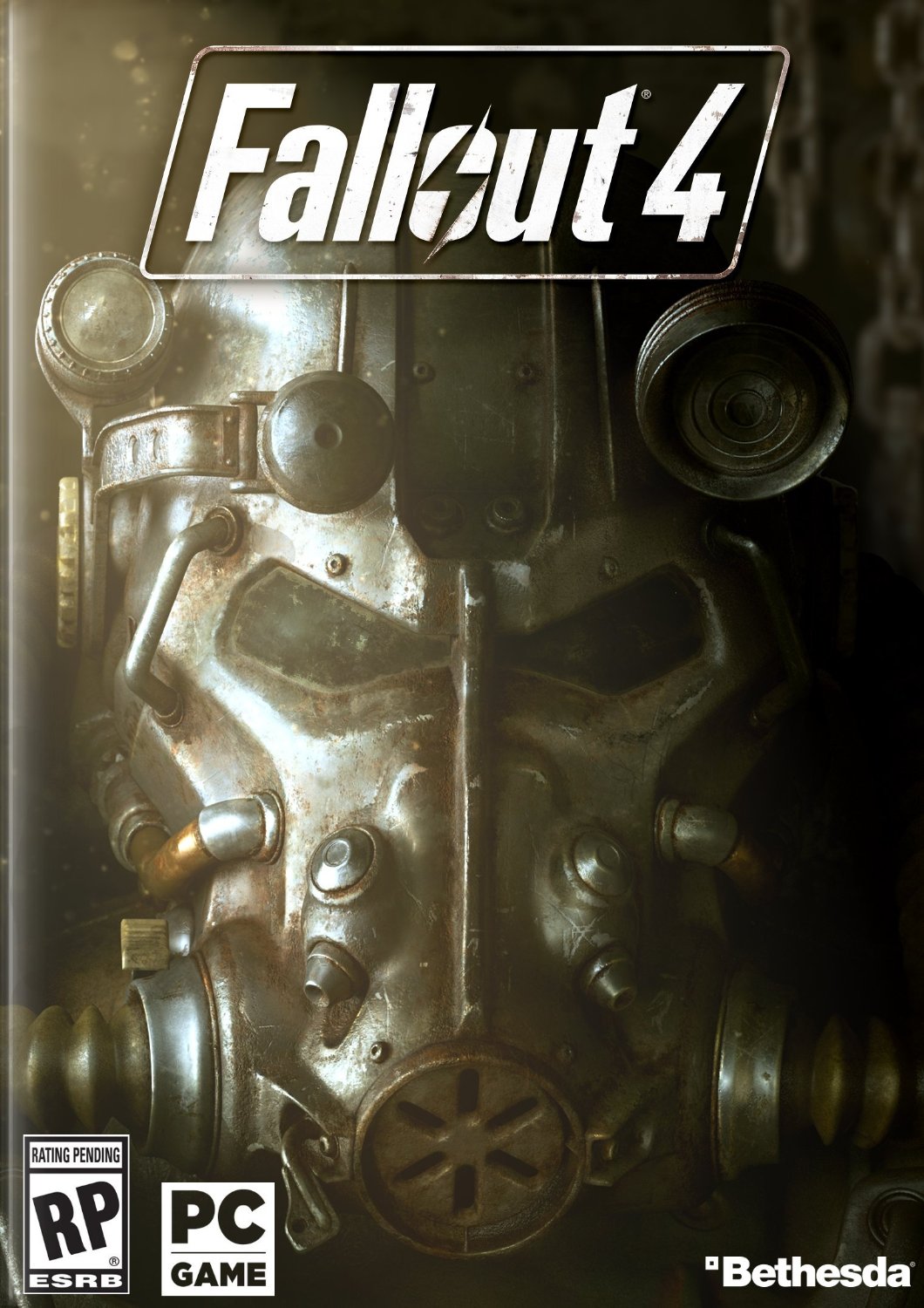With a few downfalls in the game publisher’s marketing plan, will the new installment be a success?
With Fallout 4 set to release on Nov. 10, there is one question gamers should be asking: although a new addition to the series is long anticipated, will it live up to the hype?

Fallout 4 is mainly set in post-apocalyptic Boston, with a retro-future style, where the 1950s culture collides with 21st century futuristic elements. The game features advanced robots and technology alongside 1950s décor because the Cold War mentality never resolved and resulted in a full-scale nuclear war. Luckily, bunkers and vaults allowed humans to be prepared for such a situation.
All of the games in this franchise take place after a nuclear war, where the protagonist emerges from a vault. Gameplay unfolds in an action RPG-style, as the player navigates an irradiated world and finds horrors therein. In this installment, players can alternate between first-person and third-person views.
Looking at Bethesda Softworks’ recent history, it’s hard to determine whether a new project that is released will truly be a success or if it will flop. Let’s find out why.
The official announcement of Fallout 4 came with a successful response. Prior to the press conference at the Electronic Entertainment Expo (E3) 2015, the announcement was heavily speculated. What was not foreseen was that the game would be released within six months.
Along with the game’s first trailer, though, Bethesda Softworks unveiled two more gamer goodies at E3. Truly, Christmas had come early for the series fans, until the truth set in.

First, they had created a free-to-play app, Fallout Shelter, for iOS which was launched just after the presentations.
Fallout Shelter allowed the player to manage their own vault during the nuclear war. If one made sure that vault dwellers were working, fed, armed, and generally happy, their vault would thrive. The app debuted at number one on the App Store charts.
After a few weeks, however, players realized that there was a simple formula to obtain optimal results. The main problem with the game, as pointed out on the website of IGN, a leading games and entertainment media company, was that “oddly, once you succeed the fun fades away.” The game turns into a FarmVille style simulator that you visit for a few minutes here and there to check in on vault dwellers but nothing more.
Similar disappointment happened concerning the second goodie, the limited Pip-Boy edition of the game.
The Pip-Boy is an iconic item within the franchise itself. Various versions of the Pip-Boy are worn by the player-controlled character throughout the series. It functions as a game menu displaying the character’s status, skills, perks, items, and general data. The limited-edition of the game would come with physical version of Pip-Boy, in other words, a computerized wristwatch that replicates the one seen in the game. On the Bethesda Softworks official store website, it was said to function using a compatible smartphone and the accompanying app.
Right after its press conference, Bethesda Softworks revealed that the Pip-Boy wouldn’t be compatible on phones with screens that measured 5.5 inches, or more diagonally such as the iPhone 6 Plus or Galaxy Note 4. Although not entirely unexpected, it was a disappointment to some consumers as they would not be able to use a Pip-Boy.
The shock came on July 1 when Bethesda Softworks announced through its official blog that limited-edition stocks had run out in North America. Later that month, Pete Hines of Bethesda Softworks revealed on GameSpot that “the company has hit its limit on the number of Pip-Boys it can manufacture.” The company had simply not been ready for the large demand around its own hype.
Although Bethesda Softworks has come up with great marketing ideas surrounding its new game, none of them have panned out as well as the company expected.
Will Fallout 4 be the defining game of 2015 or fall like the Fallout Shelter app?
Only time will tell.



